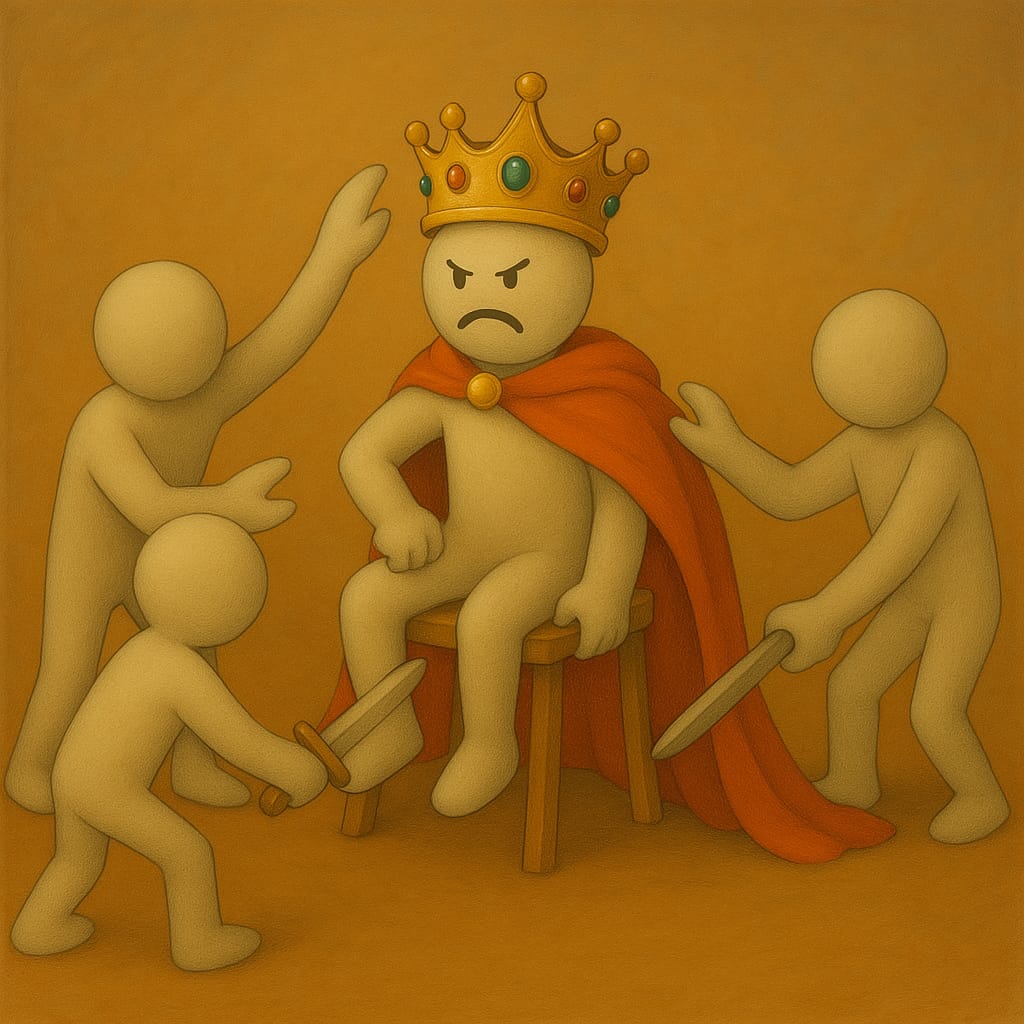Hard work pays off! Or… does it? Is hard work the only route towards success? Could routines hold the key to goal attainment and relaxation at the same time? Tina Armasu reflects on these issues, based on her research as well as her experiences as a PhD student.
Yoda said: fear leads to anger, anger leads to hate, and hate causes suffering. Barbara Wisse and Diana Rus suggest that Yoda was not wrong, but that personality definitely has something to do with abusive behavior as well.
What are we doing when we write? Surely we are creating something – or… are we? Eric Rietzschel is not so sure anymore. Reflecting on recent developments in AI and our teaching, he argues that the process is at least as important as the product.
When we think of work, most of us do not immediately think of animals. Yet animals have been tied up with work in various roles for ages. In this article, Antje Schmitt analyzes five roles that animals play in work contexts, and what this could (or should) mean for future human-animal interactions.
Psychopathic leaders have emotions, too! But how do they express them – and what does this do with their subordinates? This blog post is a short reflection on a paper about the use and effects of emotion regulation strategies in relation to leader psychopathy written by Barbara Wisse, Ed Sleebos, and Anita Keller.
Negotiations are everywhere, really. But negotiating successfully is not easy, especially if you have only little power over the process or its outcome. But does this mean you’re doomed to end up the loser? Perhaps not, as Giorgos Michelakis explores in this post.
Dealing with harm in organizations can be tricky. In this post, Maja Graso explores a particularly difficult issue: How do people assess allegations of harm that they have not seen themselves and that leave no evidence, no witnesses, and no other reliable signal that the harm has actually occurred (e.g., “my word against yours” cases)?
Creativity researchers ask questions about creative ideas: where do they come from, how do we facilitate them, why do some people (dis)like them so much? However, one question seems to have been largely ignored: what are ideas, anyway?
Three master students write about the pitfalls and opportunities of creative group work. Traits that seem a bonus, may turn out to be a pitfall – and the other way around.
Some people love camping holidays, others hate them. Whatever your opinion, this blog probably won’t change your mind. Or…?










